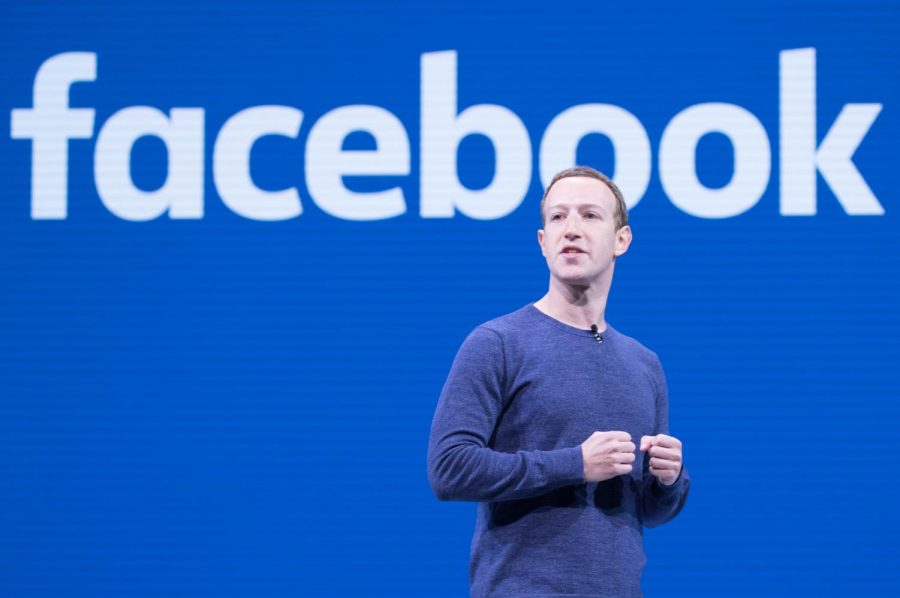Facebook Whistleblower Sparks Controversy
Facebook has been scrambling to regain credibility following whistleblower Frances Haugen’s testimony detailing the company’s continued malpractice in the name of corporate expansion.
After abandoning her office as project manager, Haugen released hundreds of sensitive documents corroborating her claims of widespread corruption and instability within Mark Zuckerberg’s social media empire. One of the most troubling revelations from the release is Facebook’s intrinsic support of misinformation and hate speech via their product mechanics.
“Yesterday we saw Facebook taken off the internet,” Haugen said during her October 5th testimony before Congress, subsequent to Facebook’s temporary outage. “I don’t know why it went down, but I know that for more than five hours, Facebook wasn’t used to deepen divides, destabilize democracies and make young girls and women feel bad about their bodies.”
Haugen’s statements outlined the dangerous leniency of Facebook’s interface, enabling the spread of hazardous political rhetoric contributing to events such as the infamous Jan. 6 insurrection. The documents show that Facebook was aware of these extremist groups, but did little to halt their growth.
“The thing I saw at Facebook over and over again was there were conflicts of interest between what was good for the public and what was good for Facebook,” Haugen said in an interview with 60 Minutes, “and Facebook, over and over again, shows to optimize for its own interests, like making more money.”
In response to Haugen’s testimony, Zuckerberg vehemently denied all of her claims in a public Facebook post. The CEO refused to cede any ground on the arguments put forth against him, maintaining that Facebook’s practices are completely above board.
“I think most of us just don’t recognize the false picture of the company that is being painted,” Zuckerberg wrote in a public statement following Haugen’s remarks. “I’m proud of everything we do to keep building the best social products in the world.”
However, despite his company’s purported security, Zuckerberg announced on Thursday, October 28, that Facebook will undergo a rebranding to the name “Meta”. It is currently unclear how exactly this transition will affect the brand as a whole, but it is widely speculated that the announcement is a strategic measure against Haugen’s remarks.
“From now on, we will be metaverse-first, not Facebook-first,” Zuckerberg said in a founder’s letter on Oct. 28. “As our new brand starts showing up in our products, I hope people around the world come to know the Meta brand and the future we stand for.”
Tensions around Facebook have been building up for an extended period, and Haugen’s testimony did not occur in a vacuum. Consumers and employees alike want answers as to why the company has been so negligent with its influence on current affairs, and it’s likely there will be more allegations to come.
“The thing I want everyone to know is that Facebook is far, far more dangerous than anyone knows, and it is getting worse,” Haugen said in an interview with the Wall Street Journal. “We can’t expect it to fix itself on its own.”



